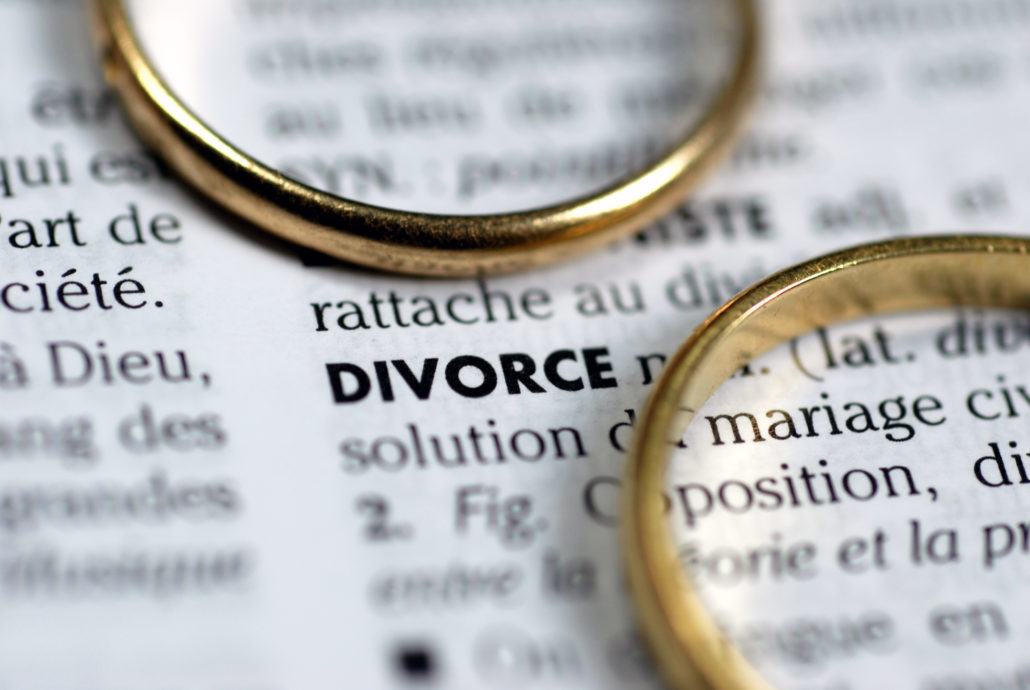
Unless there is a prenuptial agreement stating your husband or wife gets nothing when you pass away, if you are married when you die your spouse often has several rights to your estate. Some states, such as New York, entitle your spouse to at least 1/3 of your gross estate even if you leave them nothing, and if you own property with them jointly they get all of that property when you die. And even worse, if you don’t do any estate planning your spouse may be the sole beneficiary of your estate. So if your marriage is failing I suggest that you fire the first shot at your partner and disinherit them before you file for divorce.
For people who have never lived through the process, I have surprising news for you: Ending a marriage stinks worse that your trash after your Superbowl party. You have to deal with who gets which financial assets, who gets to live in the home, who gets to live with the children, who gets to keep the 75 inch wide-screen TV and reclining couch with the built-in cup holders…it’s just awful. Added to this mess is the fact that once you file for divorce you (legally) cannot change your Will, your life insurance or retirement plan beneficiaries, and you can’t go on a mental-health shopping spree with the family credit card (but we know you did anyway). And then lightning strikes: You die before the divorce is finished, and your spouse claims their marital rights from your estate. So getting divorced stink, dying stinks, and dying in the middle of a divorce stinks worse than a hot day in Staten Island.
The good news is that divorces usually don’t hit you from out of nowhere: You can sense a divorce brewing (or else you are the one planning the proper safe-space to announce your intentions and wearing your best pair of running shoes). I would suggest that before you have that final conversation, update your estate documents and cut out that soon-to-be-ex.
For example:
- If you own a piece of real estate together, change your half of the Deed to someone else.
- Update your beneficiary designation form on your life insurance and give the policy and proof to the new beneficiary.
- Update your Will to specifically state you are disinheriting your spouse.
- Retirement plans may be tricky, as some require your spouse’s signature to name anyone other than your spouse as beneficiary; you may need to transfer your employer’s 401k or 403b plan to an IRA and set up your choice of beneficiary that way.
- Cancel joint credit cards immediately.
- Take out your ½ of the bank and brokerage accounts and move them to an investment account with a Transfer On Death beneficiary (my advice is to not be greedy and take all the money…even though we all know you are going to be greedy and take it all).
Let me be clear: Changing your estate plan before you file for divorce does NOT automatically protect your assets from your spouse’s rights to your estate, but it should (a) protect as much of it from them as possible, and (b) make it harder for them to exercise those rights during a divorce. And since you can’t change your estate plan once your divorce commences – even if you didn’t commence the divorce – the alternative is to risk your dying during a multi-year divorce process and leaving money to the person you want to leave it to the least. The start of your divorce should be before you actually start your divorce.










